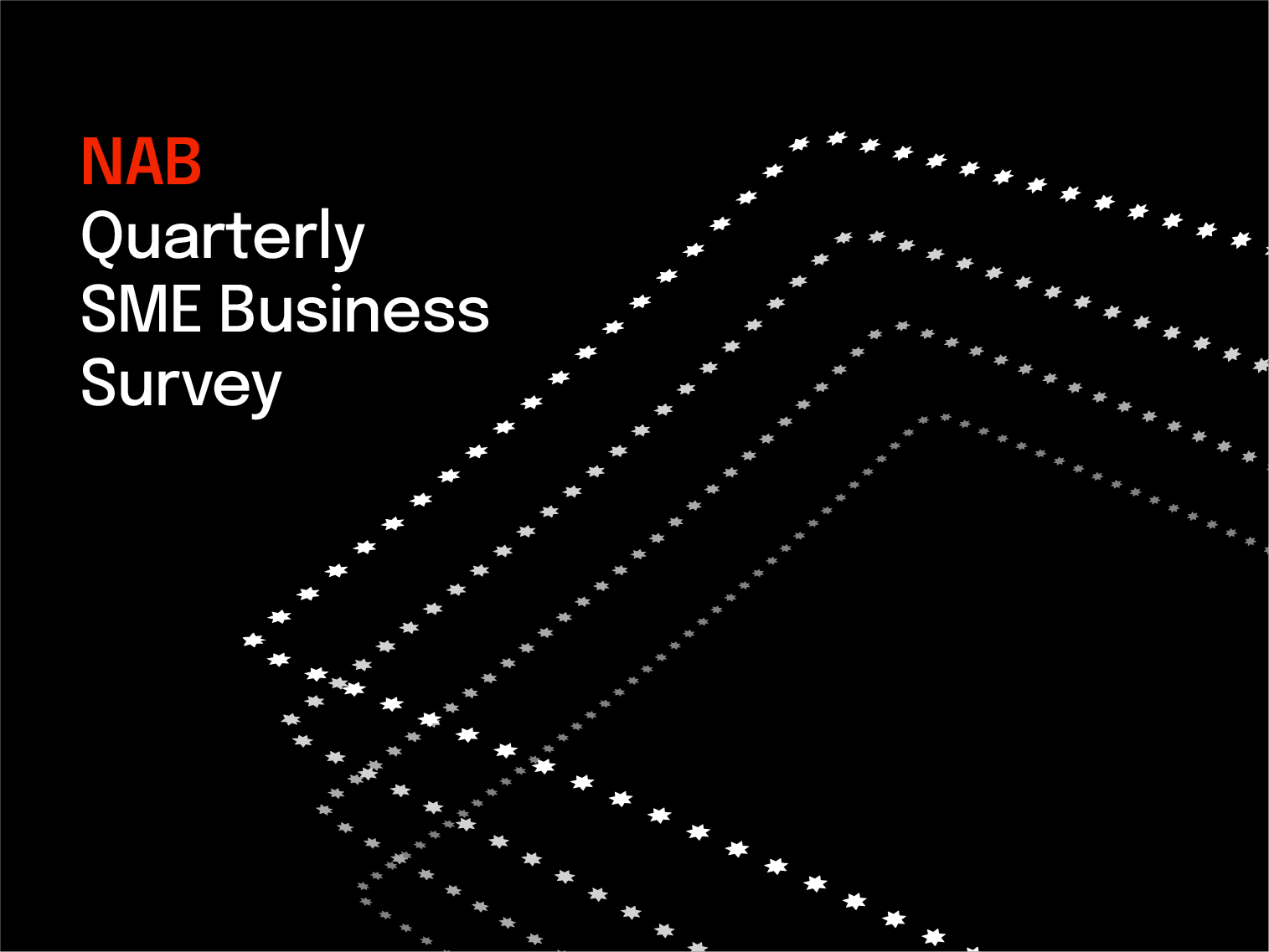Housing market sentiment rallied as national housing price growth accelerated in the March quarter.


Insight
Little improvement in cost pressures for SMEs in Q1

SME business confidence remained negative in Q1 despite still-resilient conditions. SME responses continued to show similar patterns to those of larger firms, as observed in the NAB Quarterly Business Survey, though conditions are softer across the board for SMEs. Forward orders also remain very soft. Importantly, unlike larger firms SMEs reported little improvement in the significant cost pressures reported over the past year. Both purchase costs growth and labour costs growth were little changed from the very elevated rates seen in Q4 and the shares of firms reporting availability of materials and labour as a constraint remained very high. Price growth was slightly slower, at 1.3% for the quarter (down from 1.5% in Q4) but this remains very high by historical standards.
SME business conditions fell 1pt to +11 index points (still above the long-run average of +6). Conditions rose 3pts for mid-tier firms but edged lower for larger and smaller SMEs. Trading conditions and profitability eased but employment picked 3pts to +4 index points.
“Business conditions continue to ease gradually across both larger firms and SMEs, but remained resilient through Q1,” said NAB Chief Economist Alan Oster. “In terms of SMEs, the smallest firms report very soft conditions but mid-tier and larger SMEs are at robust levels.”
“SMEs in property reported a pickup in conditions, to be back in positive territory,” said Mr Oster. “Retail SMEs reported the next weakest conditions at +3 index points with other sectors at robust levels. Across the states, SMEs in WA, Qld and SA reported the strongest conditions.”
SME business confidence fell 1pt, down to -5 index points. Confidence was negative across SMEs of all sizes but fell most for mid-tier firms. Forward orders eased 1pt to +1 index points while capacity utilisation edged higher, to 82.8%. Capex also fell, down 5pts to +6 index points.
“Confidence remained negative for SMES in Q1, with larger firms reporting similarly low levels of confidence in the NAB Quarterly Business Survey,” said Mr Oster. “Higher interest rates, elevated inflation and a clouded global economic outlook all likely weighed on firms’ confidence in the quarter.”
Cost pressures were little changed in Q1. Purchase cost growth was 2% in quarterly terms, down 0.2ppts from Q4, with 50% of SMEs still reporting availability of materials as a constraint. Labour cost growth was steady at 1.6% with 73% of firms reporting labour as a constraint (down from 78% in Q4). Final prices grew at 1.4% overall (down from 1.5%) although the sales margin index improved 7pts to -7 index points.
“There were some signs of easing in cost pressures reported by larger firms in the NAB Quarterly Business Survey in Q1,” said Mr Oster. “However, that doesn’t appear to have been the case so much for SMEs which reported similar cost pressures to those experienced in late 2022.”
For more information, please see the NAB Quarterly SME Business Survey (Q1 2023)
© National Australia Bank Limited. ABN 12 004 044 937 AFSL and Australian Credit Licence 230686.